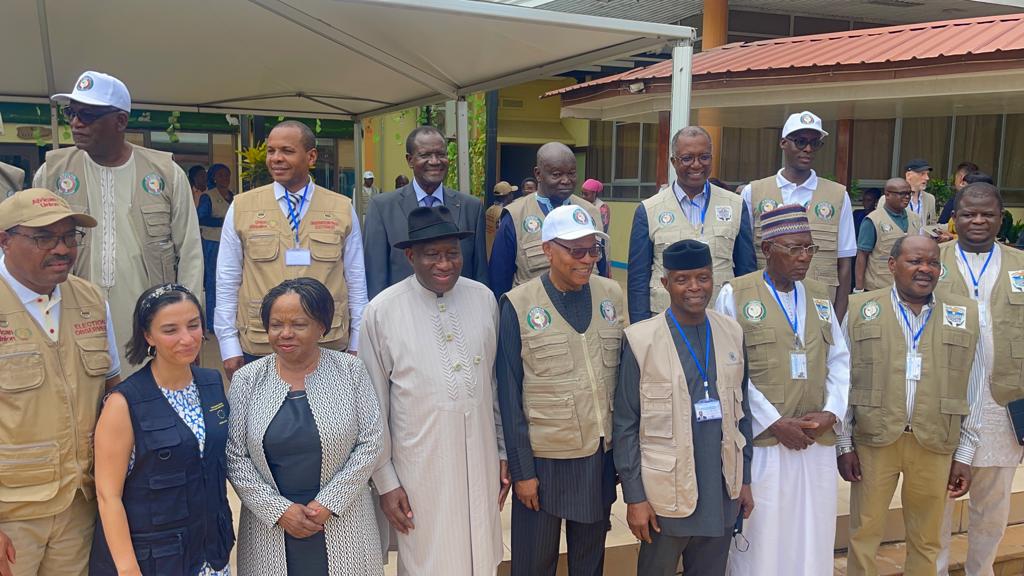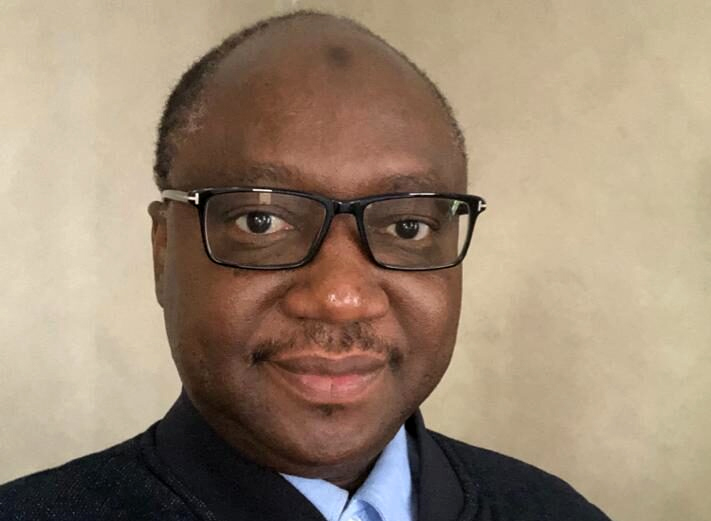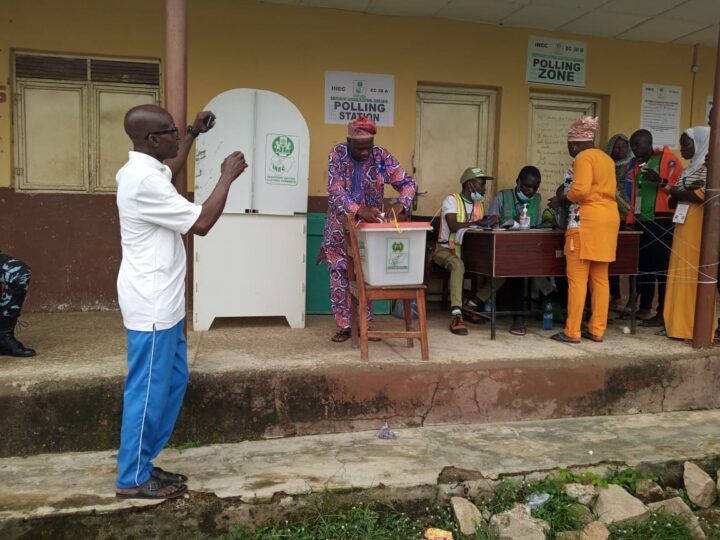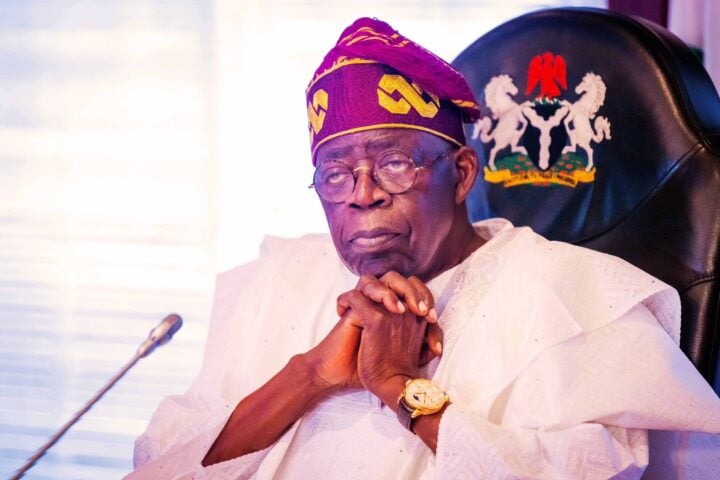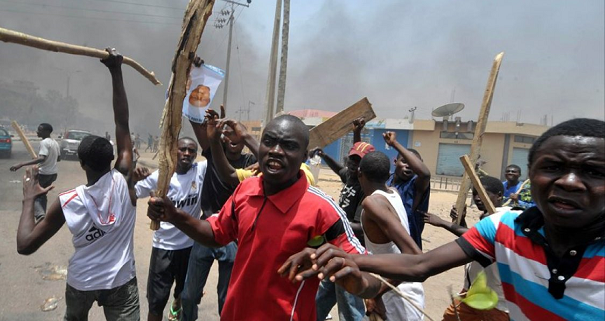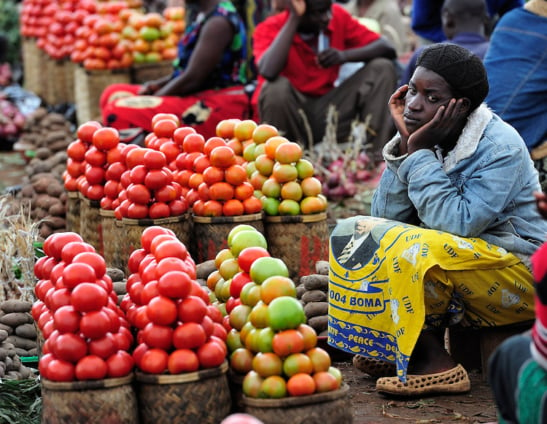BY WEALTH DICKSON OMINABO
Africa has a complex history characterised by political violence and numerous challenges associated with achieving peaceful transitions. The continent has experienced military adventurism in the form of coups and counter-coups, flawed elections marred by irregularities and disputes, as well as full-scale political and civil wars.
Africa’s journey towards democratisation has been an arduous one. There has been a disconcerting trend of opposition candidates across Africa consistently alleging electoral fraud and irregularities in elections. This alarming practice has been observed in Guinea, Togo, Sudan, Burundi, Burkina Faso, and Mali. This often resulted in demonstrations and a refusal to recognise the election results. Such actions have contributed to instability on the continent and hindered the development of many African nations.
In an effort to address this trend, former Nigerian President Goodluck Ebele Jonathan established the West Africa Elders Forum (WAEF) in 2020. The primary objective of WAEF is to safeguard Africa’s democratic progress and prevent election-related crises in West Africa. This homegrown democratic peace initiative draws on the experiences of eminent statesmen and past leaders in the region to tackle political challenges and avert election-related disputes. Through various activities and programs, the organisation engages with political actors and stakeholders to maintain national stability and foster consensus in sustaining democracy while nurturing fertile civic grounds in member countries.
Advertisement
Notably, WAEF has successfully mobilised stakeholders and key political actors to prevent political unrest in countries like Gambia, Nigeria, and recently Sierra Leone. The 2023 Sierra Leone elections were conducted against a backdrop of political animosity and deep-rooted sentiments between the two major political parties: the Sierra Leone People’s Party (SLPP) and the All People’s Congress (APC). Prior to the election, the political climate in the country was tense, with divisive campaigns, protests, accusations, and deplorable political tactics employed by both parties in their pursuit of victory.
Recognising the early warning signs and signals, WAEF deployed a pre-election mission to Sierra Leone in April 2023. Led by former Nigerian President Chief Olusegun Obasanjo, the team also included Goodluck Ebele Jonathan and former Vice-President of The Gambia Fatoumata Tambajang. The purpose of this mission was to assess the preparedness of various stakeholders, instill confidence in the electoral process among citizens, and address any concerns.
After the pre-election mission, WAEF deployed another mission to Sierra Leone on June 21, just before the general election. The objective was to encourage and support a peaceful democratic transition. Upon arrival, the head of the mission urged Sierra Leonean citizens to approach the election with utmost patriotism, prioritising the nation’s peace and stability while refraining from any acts that could undermine the democratic process.
Advertisement
During their week-long stay in Freetown, the WAEF team engaged in consultative meetings with different political actors and major stakeholders, including party leaders, candidates, the Election Commission for Sierra Leone (ECSL), security agencies, the diplomatic community, and civil society groups. In line with its mission of preventive diplomacy to reduce electoral-related tension and violence in West Africa, the mission emphasised the importance of the election to the region and the responsibilities of all stakeholders in ensuring a credible and peaceful outcome.
In their meeting with the ECSL, the WAEF mission challenged the commission to fulfill its responsibilities and emphasised the importance of a credible poll for the sustainability of Sierra Leone’s democracy. The mission also conveyed complaints from stakeholders and sought assurances from the commission regarding their concerns.
Engaging with members of the diplomatic community proved to be insightful and encouraging. Diplomats from various countries provided an impartial assessment of the election’s issues and challenges. They commended the commitment of the WAEF team members to pursuing peace and democratic stability in the region. The diplomats highlighted the polarisation of the campaign and the sensitivity surrounding party colours and symbols, which even restricted their own choice of attire to avoid signalling political preferences. The situation escalated to the point where students in schools were reportedly victimised and punished for wearing colours associated with political parties. In Sierra Leone, red is the official colour of the APC, while green is associated with the SLPP.
The meeting with presidential candidates and party leaders was a crucial aspect of the mission. Among the thirteen candidates, the spotlight was on the Sierra Leone People’s Party (SLPP), with incumbent President Maada Bio as their candidate, and the All People’s Congress (APC), fielding Samura Kamara as their candidate. During these engagements, the WAEF team emphasised the need for candidates and their supporters to prioritise peace and the interests of the country. Drawing from his personal experiences, Jonathan reiterated his political philosophy, reminding politicians that no ambition is worth the bloodshed of any citizen. The WAEF mission sought assurances and commitments from the politicians regarding their dedication to peace and justice.
Advertisement
The engagements with politicians allowed the team to identify key areas of concern and threats to peace, leading to follow-up meetings with relevant stakeholders to address these concerns.
One remarkable aspect of the mission was the unwavering trust and confidence stakeholders placed in the WAEF team. On election day, when members of the mission visited polling stations and encountered protests due to delays in voting materials, citizens were relieved to have the team present. They conveyed their grievances, entrusting the team to deliver their messages to the authorities. There was a sense of assurance and confidence that the issues would be resolved.
The Sierra Leone election mission undertaken by WAEF was not solely an election mission but also a mediation mission. The team employed soft power and quiet diplomacy while engaging with stakeholders.
Following the election, tensions in the country escalated, prompting the WAEF team to collaborate with other delegations, including the African Union, ECOWAS, and the Commonwealth. This joint effort aimed to build a consensus towards peace and national stability, as it became evident that the peace of the nation was at risk due to concerns regarding the election process. A joint statement issued by the groups urged the electoral body to ensure transparency in the tallying of results while also calling on citizens to refrain from actions that could jeopardise their country’s peace and democracy. The statement significantly contributed to diffusing tension in the country.
Advertisement
One noteworthy aspect of the mission’s engagements was the consistent communication with major political actors and their reliance on the team to broker peace and encourage consensus-building in areas of concern.
The WAEF mission to the Sierra Leone election offers several lessons. Firstly, it highlights the need to invest in Africa-centric solutions. WAEF, being an African initiative, was able to gain the trust and confidence of all stakeholders despite the high levels of distrust that existed between government institutions and various stakeholders. This trust was instrumental in preserving the stability of the country.
Advertisement
Furthermore, the ability of aggrieved parties to reach a compromise for peace, despite the imperfections of the election, is a significant lesson. This outcome was achieved through the sustained advocacy of WAEF mediators and the characters of those involved.
Beyond the achievements of WAEF, there is a pressing need for ECOWAS and the African Union to assert their roles and responsibilities in defending democracy in the region. The leadership of these organisations must adopt clear and uncompromising positions against the manipulation of the democratic process. Indifference towards electoral malfeasance and violence perpetrated by state actors against citizens will hinder the realisation of the Africa we aspire to create.
Advertisement
To ensure a more robust defence of democracy in the region, ECOWAS and the African Union must demonstrate unwavering commitment and take decisive action against any attempts to undermine democratic processes. This includes actively monitoring elections, promptly addressing electoral irregularities, and holding accountable those responsible for any violations. By assuming a proactive and assertive stance, these regional bodies can effectively contribute to the preservation of democratic values and the prevention of election-related crises.
Moreover, it is crucial to recognise the significance of African-led initiatives like WAEF. Investing in homegrown solutions that leverage the experiences and wisdom of African statesmen and leaders fosters greater ownership and trust among local stakeholders. WAEF’s success in Sierra Leone is a testament to the efficacy of such initiatives in promoting peace, stability, and democratic governance.
Advertisement
In conclusion, Africa’s struggle for peaceful political transition remains a complex challenge, but efforts such as those undertaken by WAEF offer hope and demonstrate the potential for positive change. The lessons learned from the WAEF mission to Sierra Leone emphasise the importance of Africa-centric solutions, the power of mediation and consensus-building, and the need for regional bodies to assert their roles in safeguarding democracy. By embracing these lessons and committing to collective action, we can pave the way for a more democratic and stable Africa.
Ominabo is the communications officer at the Goodluck Jonathan Foundation.
Views expressed by contributors are strictly personal and not of TheCable.
Add a comment
